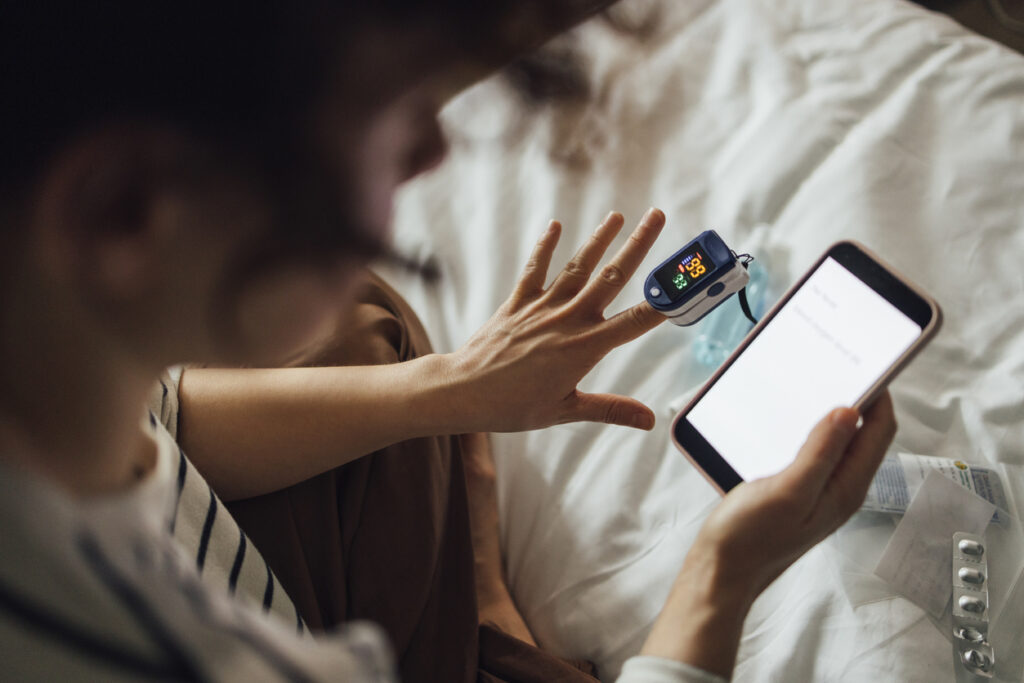Pulse oximeters may provide significantly overestimated oxygen saturation readings in people with darker skin tones, according to a study in the British Journal of Anaesthesia.
Researchers assessed more than 733,000 oxygen saturation readings taken from more than 222,000 people including almost 70,000 people of non-white ethnicity in 44 studies dating from the mid-1970s to the present day.
The main finding? Devices overestimate readings in participants with darker skin tones.
While the researchers say it is challenging – based on the current available data – to state the magnitude of those overestimates, they insist it could create issues for both patients and medical professionals. It could, for example, result in patients not being able to see a doctor as they are deemed to be healthy.
And with studies suggesting the errors are exacerbated at lower levels of oxygen saturation, it could result in patients with critical oxygen levels not receiving treatment.
When pulse oximeters were introduced around 50 years ago, they were intended solely for use in hospitals and a handful of other healthcare settings. Today, they are used in outpatient departments, emergency rooms and intensive care units to monitor the health of people with all types of medical conditions.
They are also available for the public to purchase in shops, pharmacies and online and many are encouraged to take regular measurements of their oxygen saturation levels, which can be dangerous. When people are admitted to hospital, there are blood tests to measure oxygen levels that will not be impacted by a person’s skin tone.
“This systematic review highlights the need for clinicians to take account of a person’s skin tone as part of the clinical decision-making process when using pulse oximeters to estimate oxygen levels,” says study co-author Eugene Healy, PhD, FRCP, Professor of Dermatology at the University of Southampton and honorary consultant in University Hospital Southampton National Health Service (NHS) Foundation Trust in Southampton, UK, in a news release.
The findings are being explored in greater detail through the EXAKT study. It is currently in the process of recruiting around 900 critically ill patients with different skin tones from 24 sites around the UK to investigate the accuracy of specific pulse oximeters used in hospitals across the UK today.


